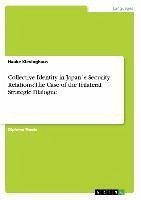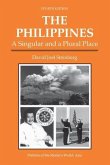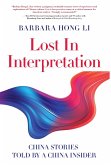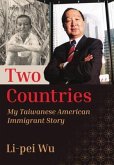Diploma Thesis from the year 2010 in the subject South Asian Studies, South-Eastern Asian Studies, grade: 1,3, University of Duisburg-Essen (Institut für Ostasienwissenschaften), language: English, abstract: This study is an exploration and analysis of the ideational drivers of the Trilateral Strategic Dialogue (TSD) that was concluded in March 2006, between Japan, Australia and the United States. Turning away from materialist explanations of security cooperation, the questions of this study are: Can the conclusion of the TSD and its subsequent evolution be accounted for by a perceived collective identity between the three countries? And what is the Japanese Government´s motivation to expand its alliances architecture? The last decade provides the timeframe for a qualitative analysis. The findings of this study show that the agreement and its following deepening is the result of a strong collective identity constituted by shared norms and democratic values. Moreover, Japan targets with the United States and Australia the establishment of a multilateral community of democratic states in the Asia-Pacific. The results also indicate, however, that collective identity promises peace between liberal states but is hostile towards non-liberal ones.
Hinweis: Dieser Artikel kann nur an eine deutsche Lieferadresse ausgeliefert werden.
Hinweis: Dieser Artikel kann nur an eine deutsche Lieferadresse ausgeliefert werden.








